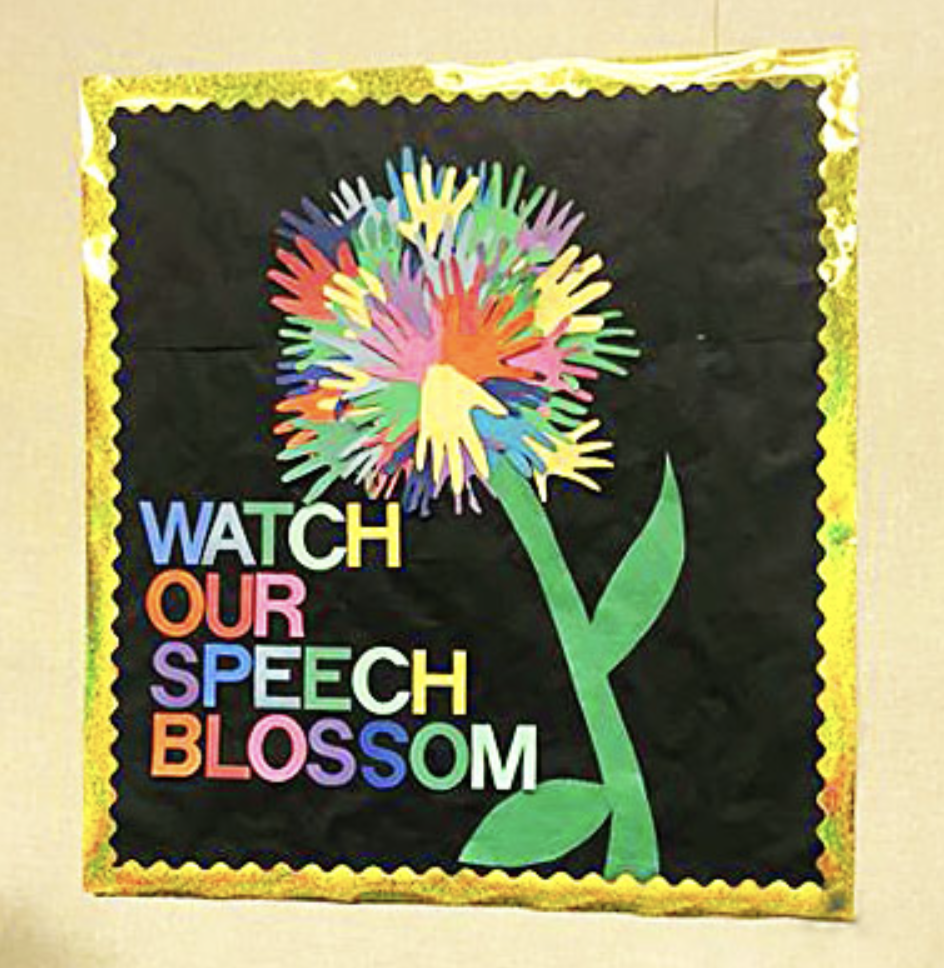When do we start training for speech sound generalization? As soon as the sound is stimulable! Need some practical strategies to speed progress and maximize success? Here are some ideas:
Dramatically Increase Repetitions – Give students counters to record how many times they say their sounds. Challenge them to double it using improved methods or stimuli. For example, using 50 pictures on one page, instead of artic cards or apps with one picture.
Introduce Auditory/Kinesthetic Distractions – Can your student make target sounds while dancing? If you have an iPad, use an app like Coffeitivity to introduce “lunchtime lounge” sounds at increasing volume or let students record/play their own noise!
Vary Location of Practice – Can they make target sounds on the playground? The auditorium from the stage? At home? Ask parents to practice in different locations with distracting elements.
Maximize Speed – “I’m going to time you reading this list or words/passage. Let’s see how fast you can say it with your new sound.”
Vary Listeners – Can the student make target sounds when calling a store to find out when it is open? When you are not present? When reading in class? To encourage the student, suggest the teacher/parent point out the times the student uses the sound correctly vs. incorrectly and privately pay a compliment.
Vary Voice – Place the student in a pragmatics group with different students doing role plays. Can he use his speech while demonstrating anger? Excitement? Sadness? In a Dracula voice? In paced persuasive speech?
Maximize Difficulty Level of Material – Use curricular material and ask comprehension questions. Provide a group of objects and make up an original story with dialogue. What about heavily used, automatic words such as “this” “that” or “Thursday”?
Maximize Self Correction – Provide activities where the goal is finding and catching their own errors. Use video and recording devices effectively. “Can you see your mouth work differently on that sound?” Have students watch a one-minute video and tally the new and old sounds. Play a game where they earn extra points for catching their own errors. Let the student borrow a counter and suggest he tally his errors at specific times without you.
Raise “Drama Factor” of Speech – Play highly competitive games, use fast moving action activities, and activities where clear communication of directions is critical to success.
For an excellent website that emphasizes efficient treatment of speech production, we highly recommend The Speech Pathway for SLP tips and parent education.
Return to Resources Page to Read More!




